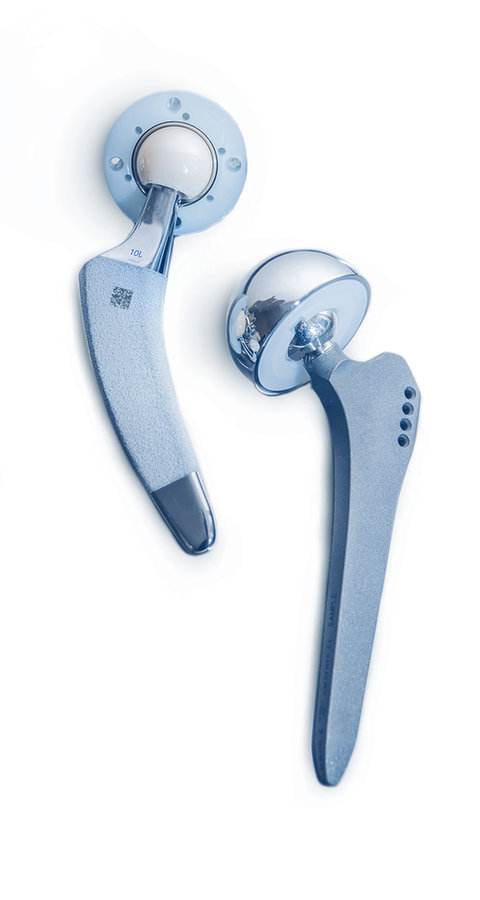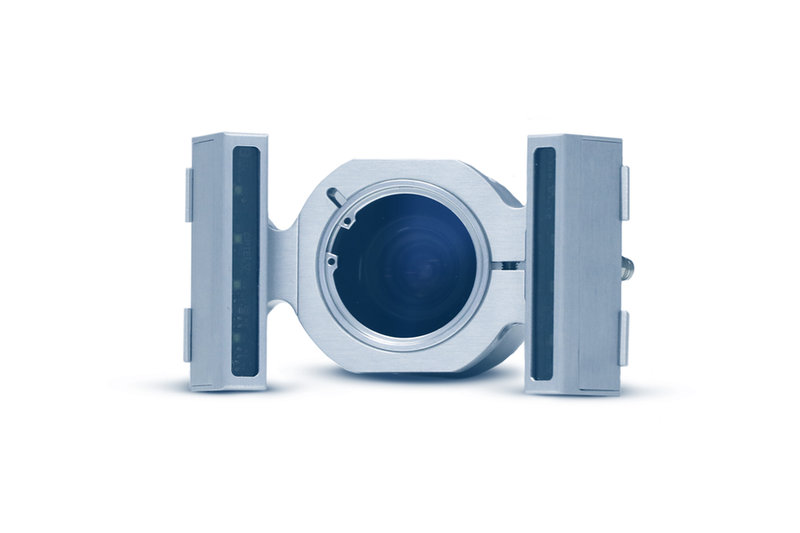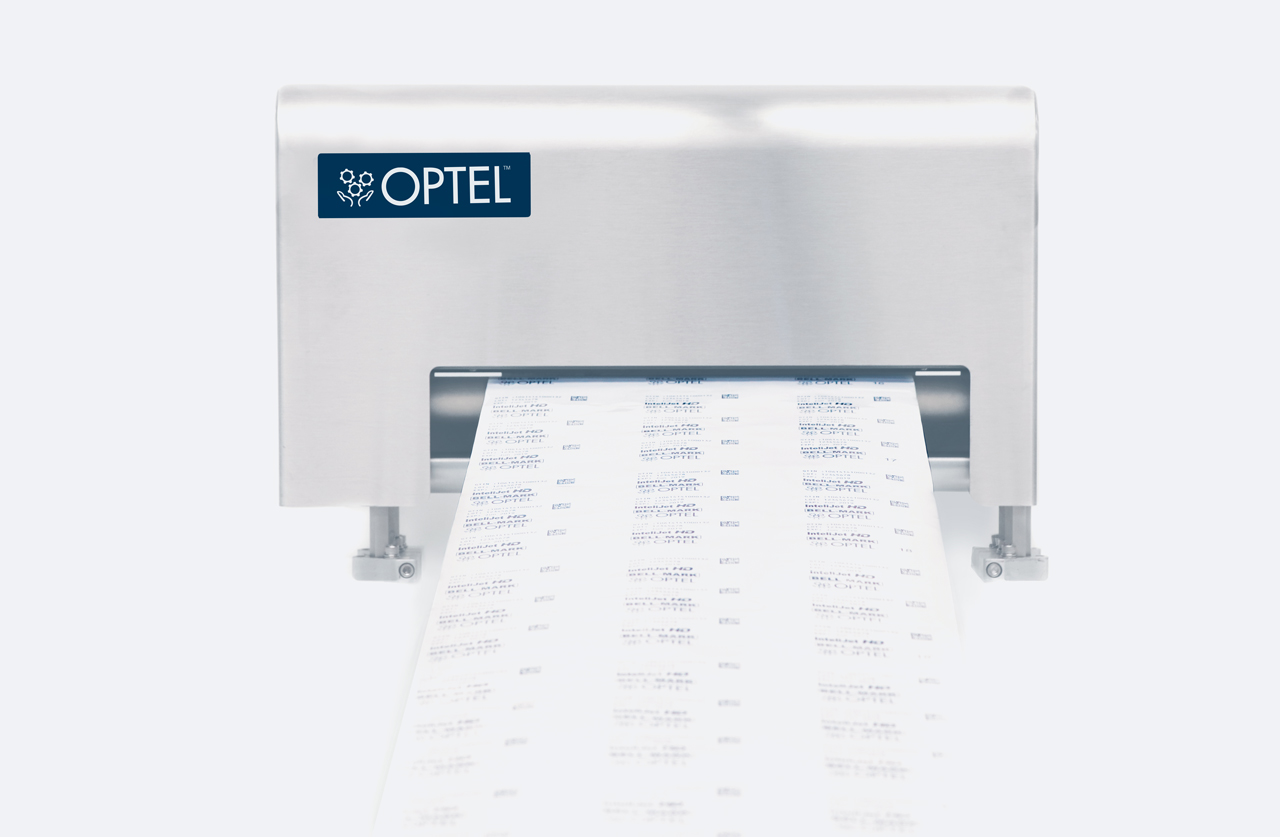On 9 September, Axonics Modulation Technologies announced it had received approval by the US Food and Drug Administration (FDA) to market its rechargeable sacral neuromodulation (rSNM) device for the treatment of faecal incontinence in the US.
Sacral neuromodulation is an established technique for the treatment of overactive bladder or faecal incontinence. The goal of the procedure is to adjust the nerve signals travelling between the brain and the bladder or pelvic muscles, thus alleviating the disabling symptoms of these disorders. The technique involves the implantation of a pulse-generating device under the skin along with directional leads that connect the generator to the sacral nerves, allowing the device to modulate the body’s electrical signals. GlobalData estimates that over 28,000 sacral nerve stimulators were implanted for both overactive bladder and faecal incontinence in the US in 2018.
Currently, Medtronic is the only major manufacturer of a sacral neuromodulation system: the InterStim II. However, there are several drawbacks to Medtronic’s InterStim II device that have been alleviated in Axonics’ device.
First, the Axonics rSNM device is rechargeable, whereas the InterStim II is described as lasting approximately five to seven years before it has to be surgically removed and replaced with a new device. Second, patients with the Axonics rSNM device can undergo full-body magnetic resonance imaging (MRI) scans, while those with Medtronic’s InterStim II device can only undergo certain types of MRI head scans while they are implanted with the device.
Axonics’ device is already marketed in Europe and Canada, and the company is poised to begin sales in the US as it has already hired and trained a local sales team. GlobalData estimates that the market value for sacral neuromodulation devices was just over $300m in the US in 2018.
With only Medtronic as a competitor, the advantages of the rSNM device mean that Axonics is positioned to take over significant market share in this space. The level to which Axonics will be able to claim market share will also depend on the outcomes of two major clinical trials sponsored by the company, the ARTISAN-SNM trial and the RELAX-OAB trial, which are both planned to be completed between 2020 and 2022. Given the positive results that have been released from these studies so far, GlobalData forecasts that Axonics will emerge as a leader in the sacral neuromodulation space in the near future.





